Estimated reading time: 2 minutes
Panasonic, the key supplier of Tesla’s batteries, might postpone its plans for expanding automotive battery production in North America due to the sluggish adoption of electric vehicles (EVs) in the United States. Yuki Kusumi, the CEO of the Japanese conglomerate, disclosed this during a recent interview in Tokyo.
EV Market Dynamics and Investment Strategy
Monitoring EV Adoption Trends
Kusumi highlighted the importance of closely monitoring the pace of EV adoption, indicating that Panasonic’s investment decisions would align with market demand. The company’s considerations extend beyond North America, encompassing the global EV landscape.
Potential Impact on Investment Plans
The CEO’s remarks suggest a cautious approach towards building a third battery plant in North America. Panasonic’s energy division, responsible for battery production, is reevaluating its expansion strategy in light of current market dynamics.
Market Demand and Automaker Commitments
Panasonic’s investment roadmap hinges on commitments from automakers. The company seeks to align its capacity expansion with projected market demand, emphasizing a strategic approach to long-term investments.
Global EV Trends and Industry Response
Global Challenges in EV Adoption
The transition to EVs faces hurdles worldwide, including infrastructure limitations and consumer hesitancy in some developed markets. These challenges contribute to the slower-than-expected uptake of battery-powered vehicles.
Emergence of Lower-Cost EV Models
Despite global challenges, Chinese automakers like BYD are introducing affordable EV models equipped with cost-effective lithium iron phosphate batteries. This trend reflects efforts to make EVs more accessible to a broader market.
Impact on Battery Demand and Fixed Costs
Panasonic has observed a significant decline in battery demand for specific car brands, leading to increased fixed costs in Japan. While the CEO refrained from naming the automaker or model, this shift underscores the evolving dynamics of the automotive industry.
By aligning investment decisions with market demand and closely monitoring global EV trends, Panasonic aims to navigate the evolving landscape of electric mobility while optimizing its manufacturing capabilities.



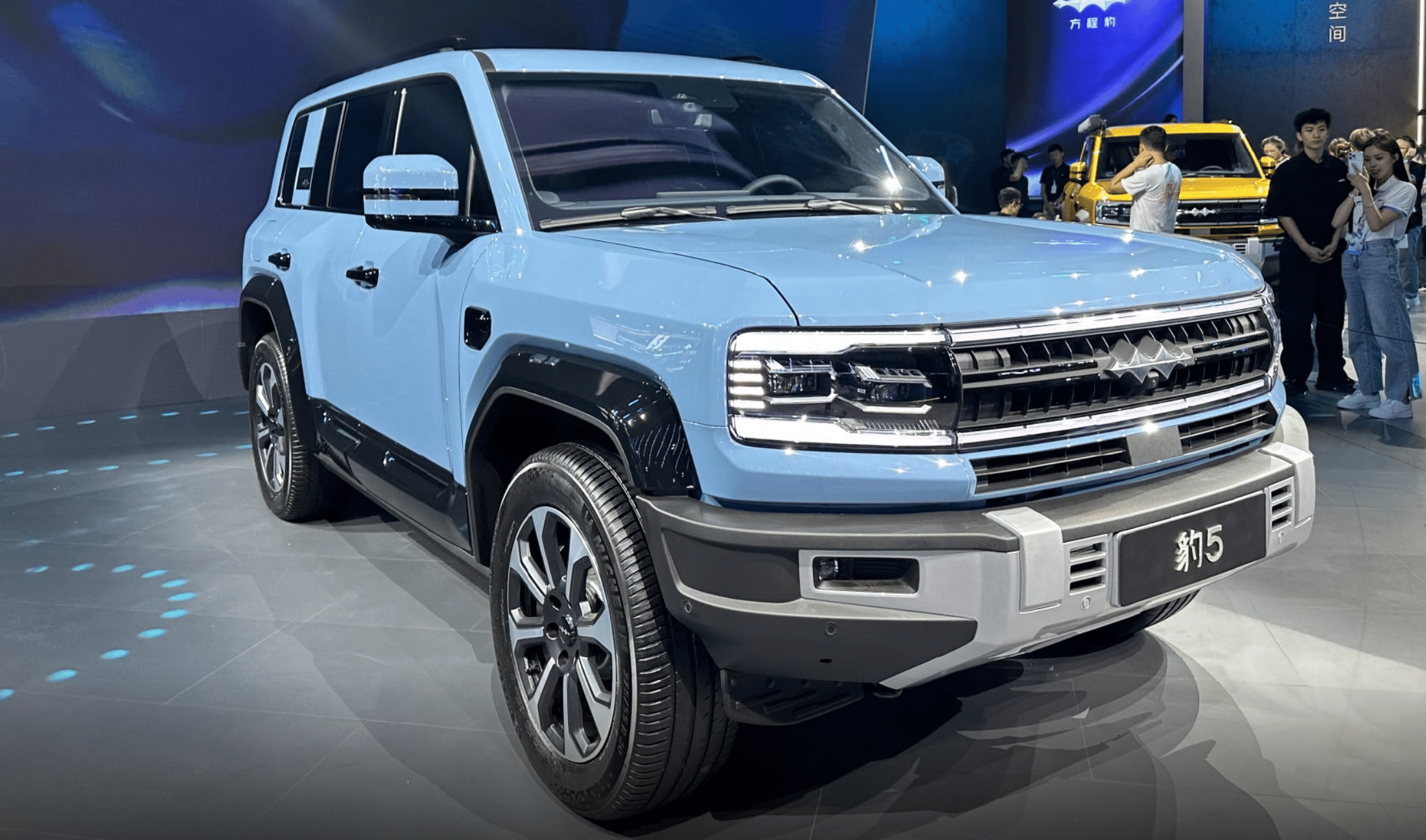
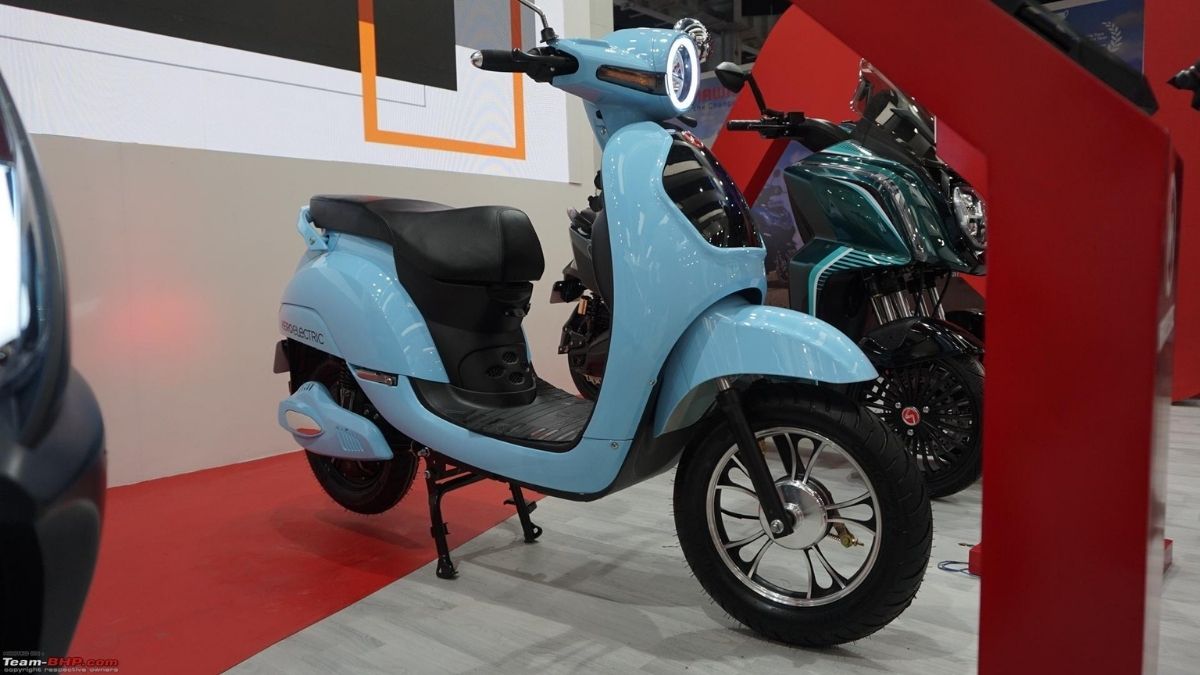
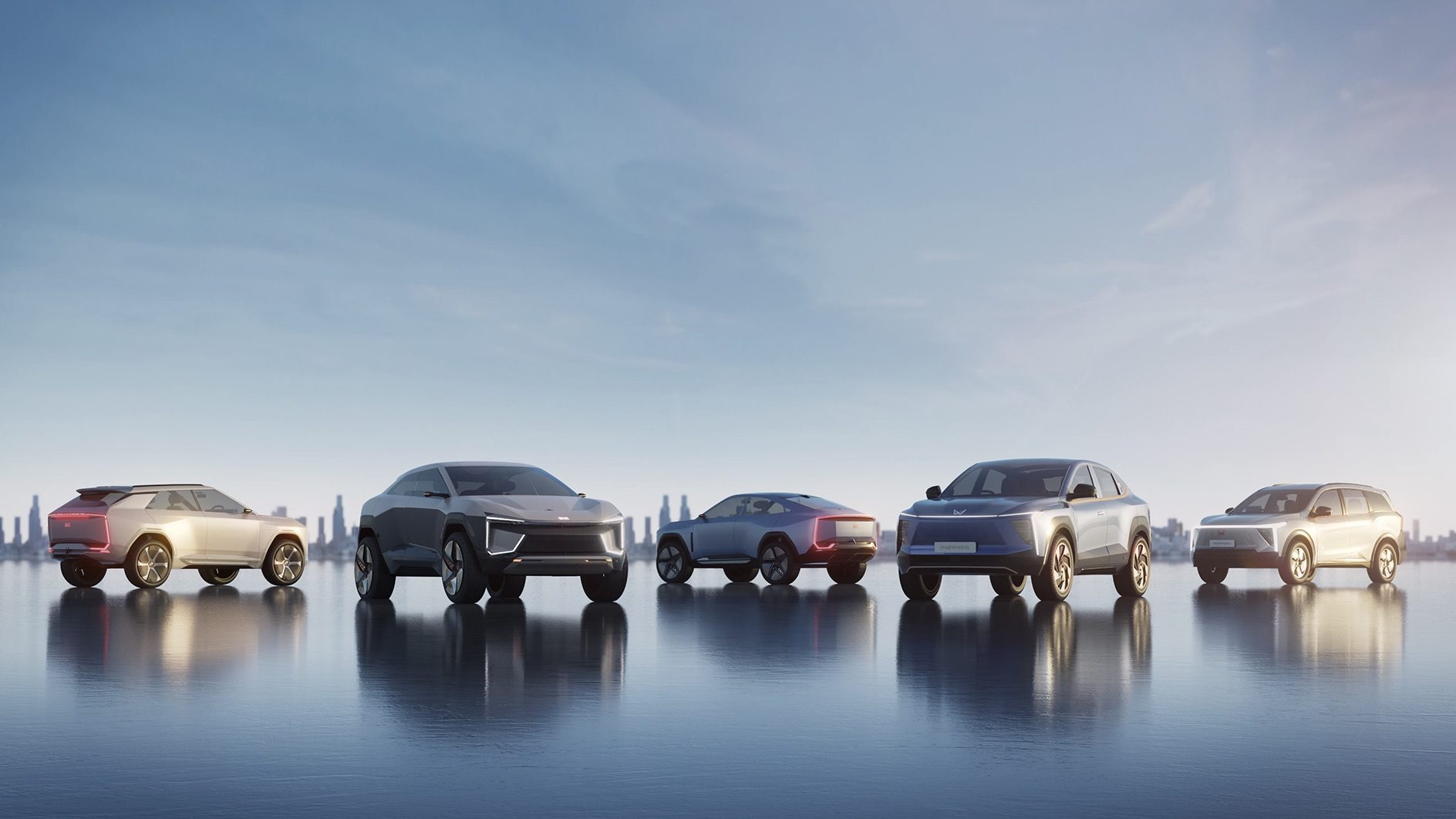
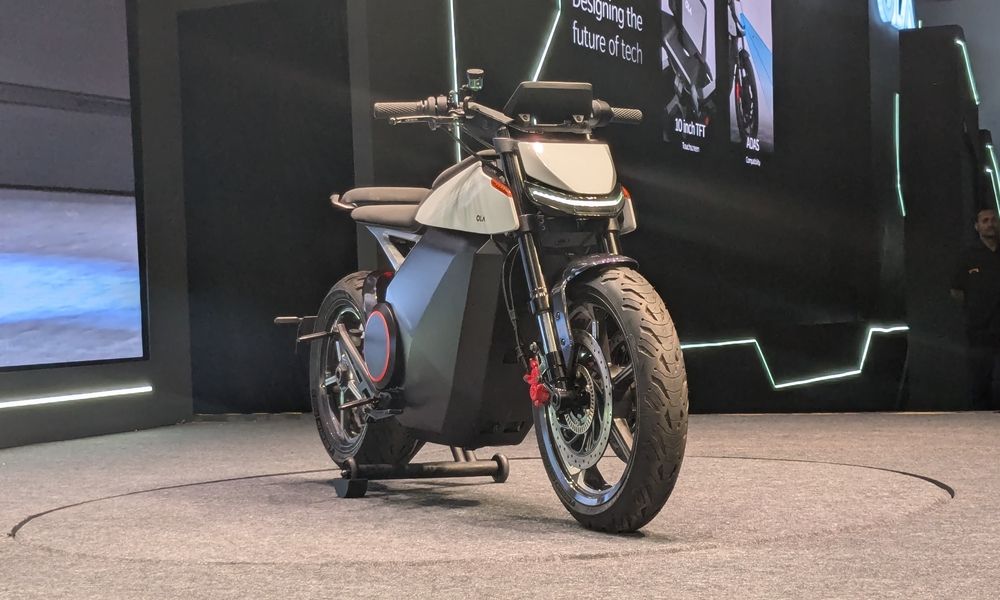

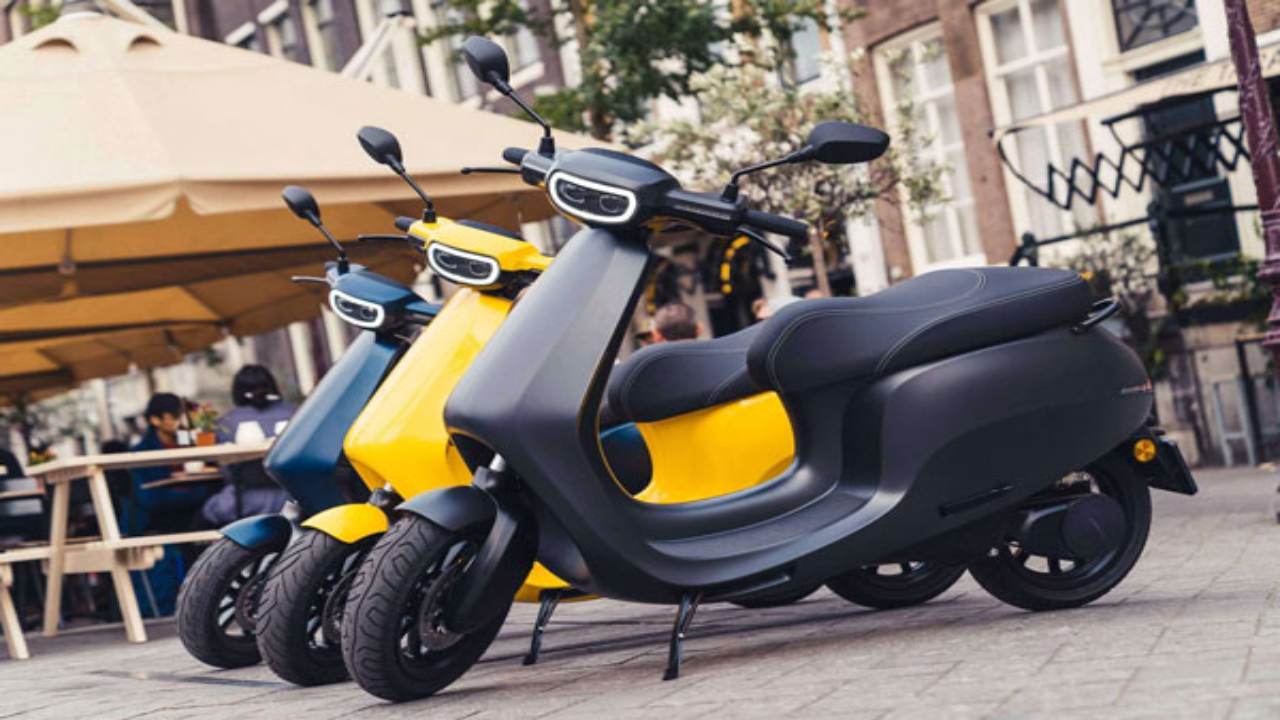

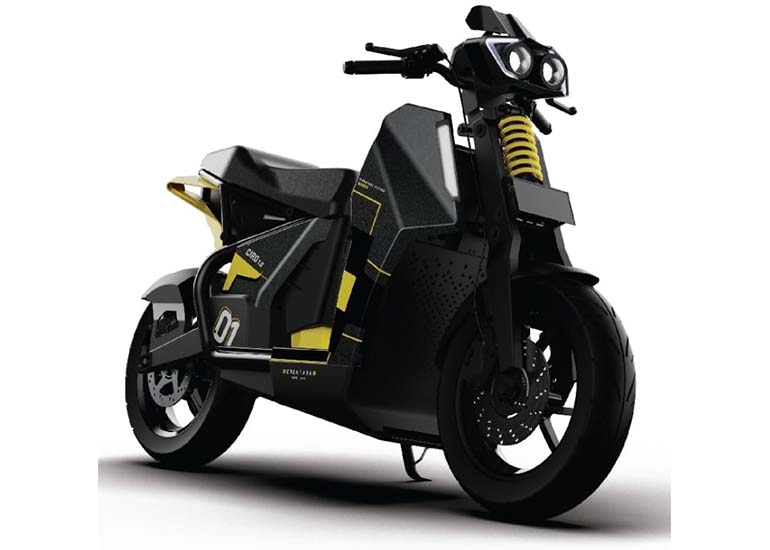
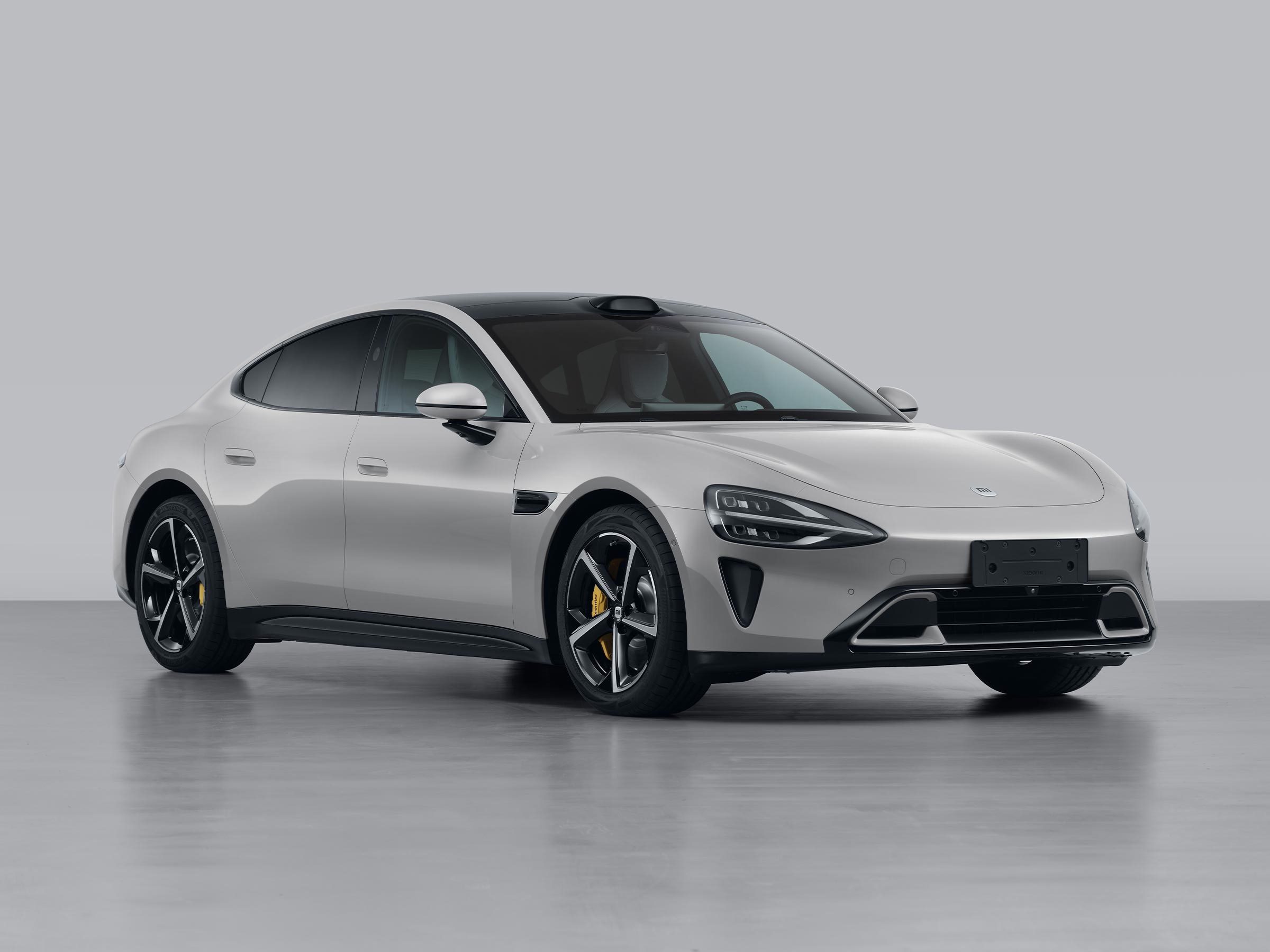

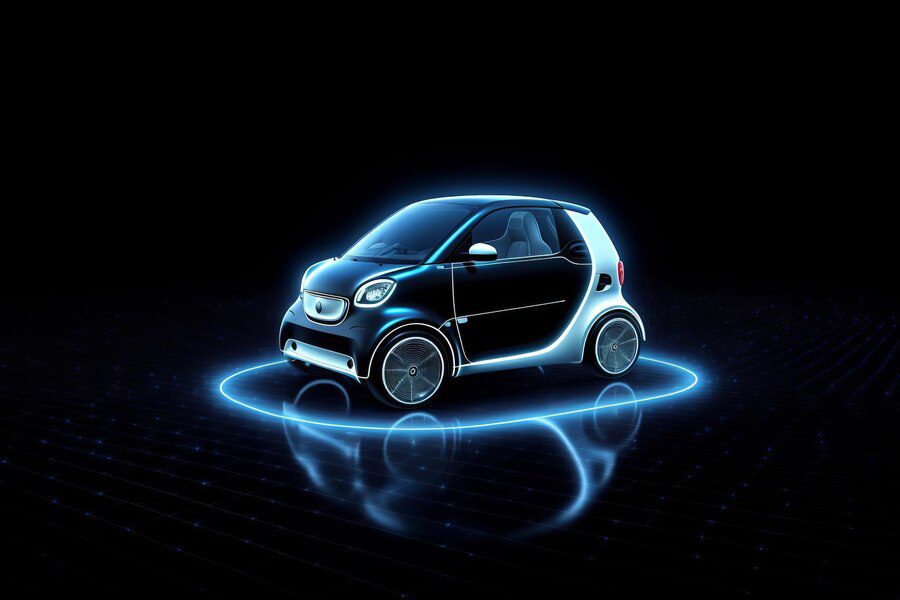
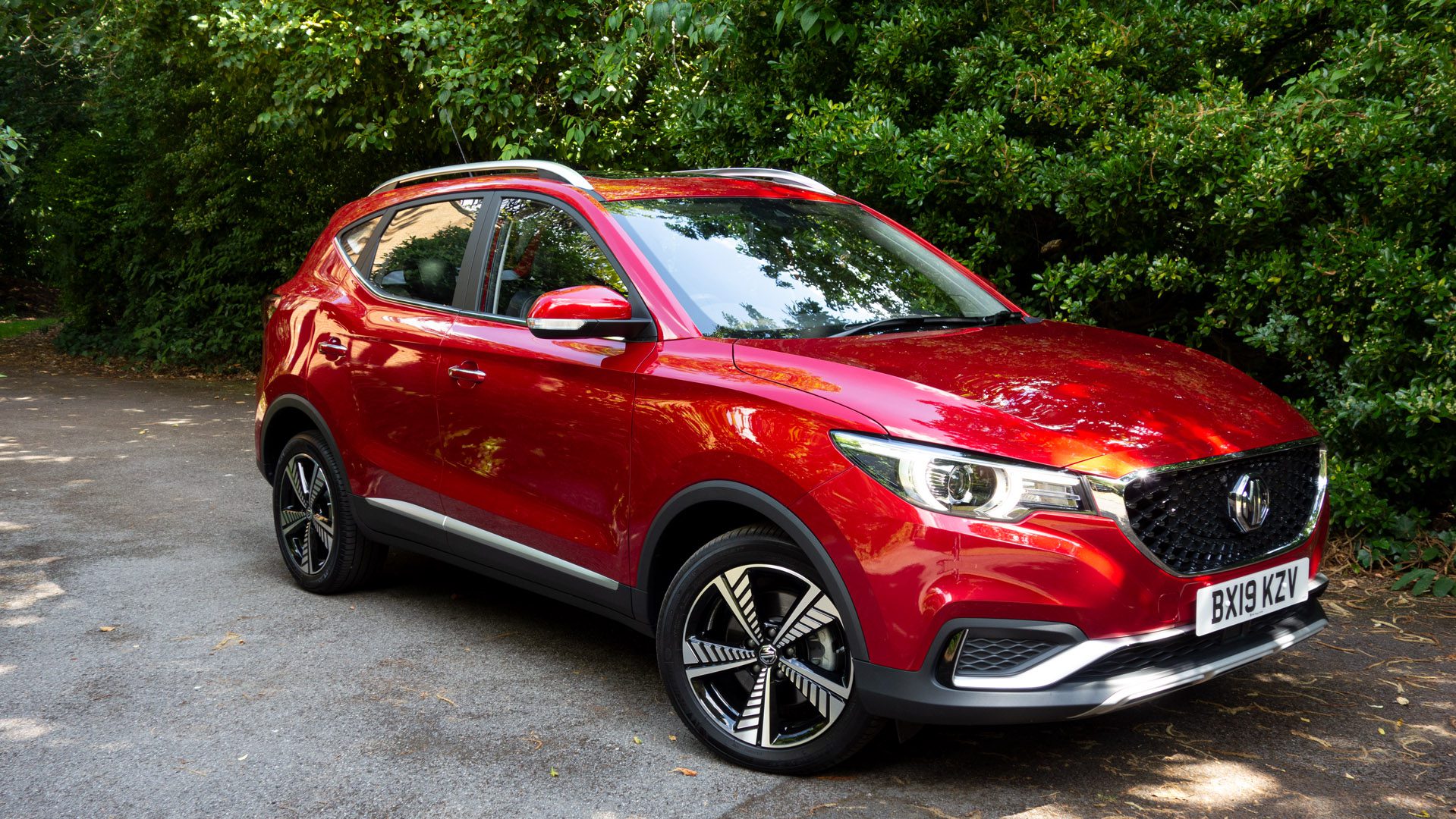






Leave feedback about this